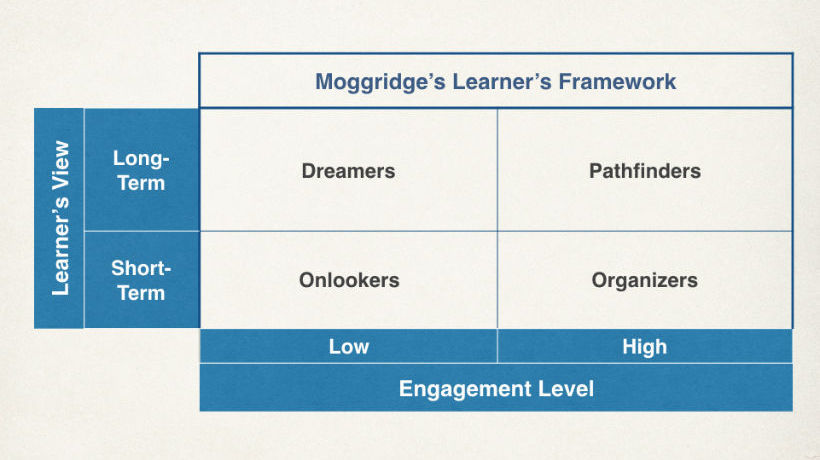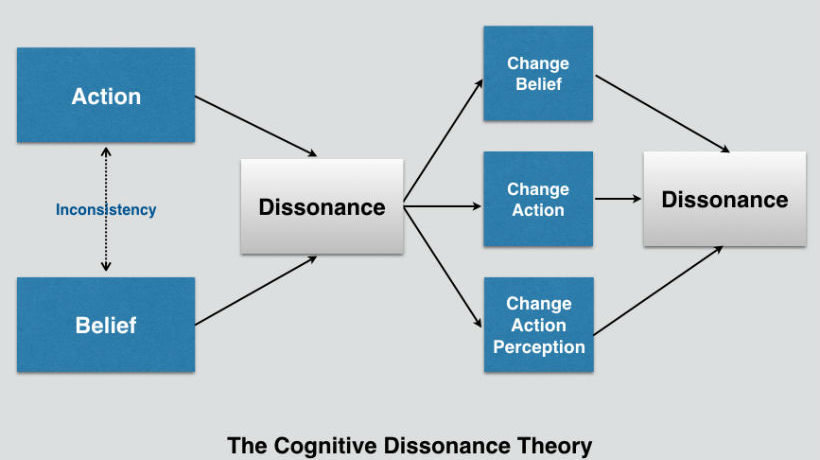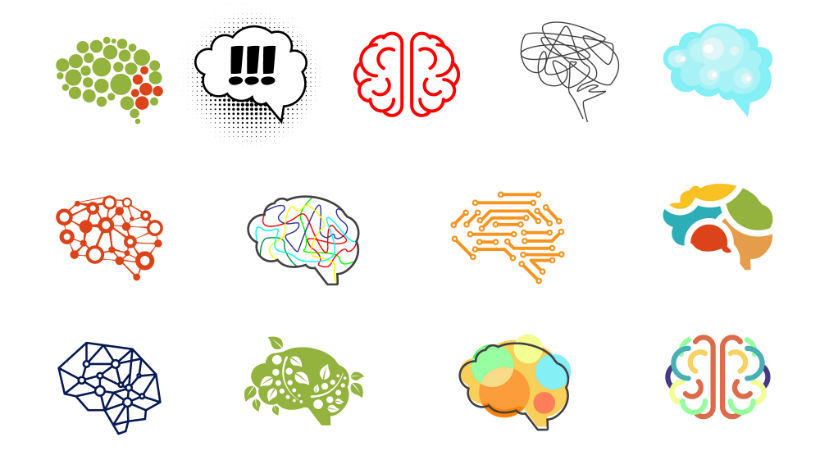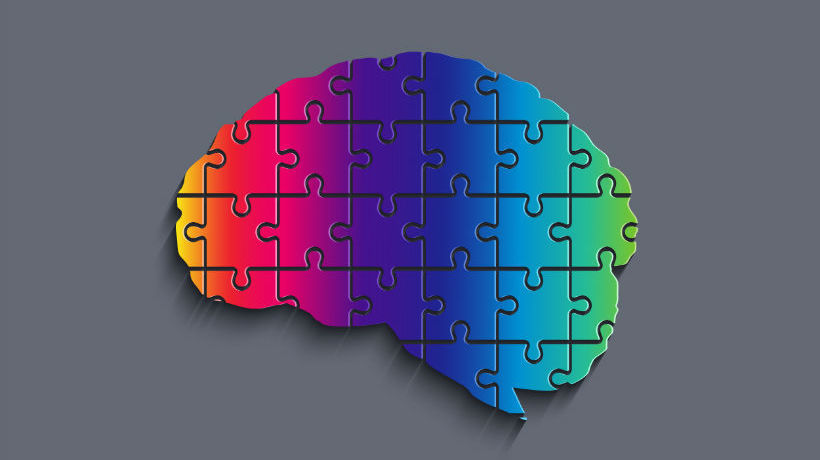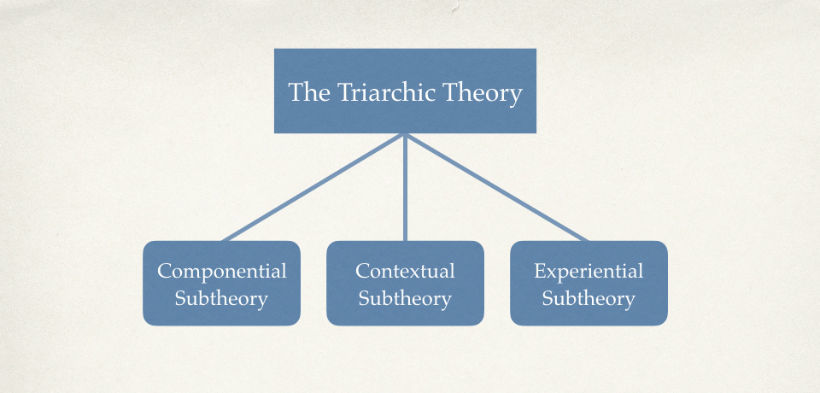August 11, 2016
Applying The Moggridge Learner Framework In Online Training
Online learner behavior is an important consideration in every stage of the development process, from choosing the ideal eLearning authoring tool to creating memorable online training materials. In this article, I'll share everything you need to know about the Moggridge Learner Framework, so that you have the ability to create learner-centric online training courses based on your employees' level of engagement.
by Christopher Pappas
